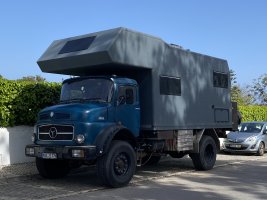V
Vagophile
Top Poster
Lifetime VIP Member
Before my Cali purchase, my 2.7 litre 156h.p. Merc based motorhome returned a steady 25 m.p.g. over 75,000 miles irrespective of the driving speed (which was never faster than 80m.p.h. usually on cruise at 65m.p.h.)You lot must have to much time on your hands.
Admin, can you change my name please to LeadFoot…
Therefore, anything better than that in the Cali is a positive for me!





















